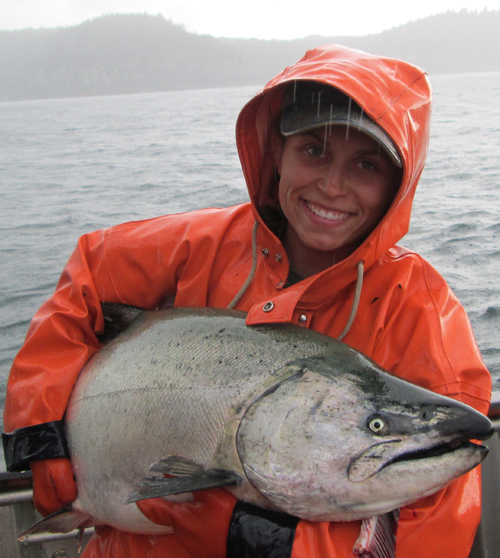A new scientific advisory group called International Fisheries Information Network (I-FIN) is refuting a commonly held belief that all fisheries are in decline.
I-FIN believes that there are highly sustainable fisheries in the developed world and that lessons from those fisheries can be used to improve fisheries in the developing world, according to Saving Seafood, a news and advocacy organization for the U.S. domestic seafood industry.
The group is headed by internationally recognized marine scientists, economists, and fisheries managers and launched ahead of this year’s SeaWeb Seafood Summit in Seattle, Washington, U.S.A.
I-FIN has set an ambitious goal of being a global clearinghouse for information concerning how fisheries are managed, which management styles are successful and how those successes can be adopted to create a more sustainable global fishery, according to its mission statement. Thus far in the early days of the project, I-FIN’s efforts have developed out of trends seen in the RAM Legacy Stock Assessment Database, according to Ray Hilborn, a fisheries expert and professor of marine science at the University of Washington, who is a member of the I-FIN steering committee.
Hilborn said that one of the organization’s objectives is to “be regarded as the place to go if you want to know about fisheries status and fisheries sustainability.” Hilborn listed GreenPeace, Monterey Bay Aquarium and the Marine Stewardship Council as sources of “filtered advice,” but explained that I-FIN will offer purely “scientific advice.”
“Fish stocks are improving in much of the world, certainly much of the developed world,” Hilborn said. “We want to get that message out.”
I-FIN leaders observed that fisheries in the developed world have, in large part, become models of sustainable management. Hilborn, in particular, praised the U.S., Iceland, and New Zealand as areas with particularly sound management practices – closely monitored; collecting significant amounts of data; adhering to scientific advice; and with strictly enforced regulations.
On the other hand, fisheries in the developing world tend to be data-poor and have weak enforcement measures, Hilborn and other I-FIN leaders said. They said I-FIN hopes to bridge those gaps, though they acknowledge that small fisheries – which make up 90 percent of fisheries in the developing world – will present challenges that require creative and fresh thinking.






